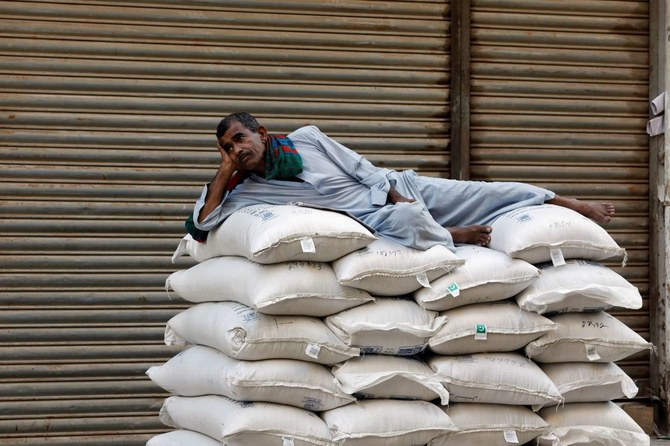
First, the fabric of empathy requires respect. We need to cultivate a culture of respect and dignity. Demonising any group should be a clear red line. Misogyny should never be tolerated, on national television in a telethon or in a talk show. It doesn’t matter who is speaking, but as a society we should absolutely not accept any statement that suggests that the current pandemic is due to someone’s clothing or what is being taught in private schools. Society needs to be built on respect, mutual understanding and not on blame. The same goes for those who have deep hatred for those wanting to peacefully practise their faith. Indeed, there are important considerations when it comes to public health, but the way forward should be based on understanding and respect.
Second, let us ensure our culture of empathy envelopes everyone, including those who may not have the national ID cards, and may be here due to bad policies of others. Refugees and stateless people are first and foremost people, who are also impacted by global and local catastrophic events. Some would say this is the time to prioritise our “own” over others, but the correct response is that there are no others right now. All of us are on the same team right now and this attitude ought to continue even after the pandemic is over. Citizenship, or lack thereof, should not mean the difference between having food or dying of hunger. Being a refugee is not a pleasant experience or a goal for anyone. Instead, it is a life filled with tragedies, an existence in the blackhole of xenophobia, exclusion and marginalisation — which is nearly impossible to escape from. While repatriation policies should be discussed and fine-tuned, we ought to make sure that for as long as the refugees are on our soil, they are treated with dignity and kindness.
Finally, this is a time to recognise that empathy should be a cornerstone of not just our policy towards people in our own land, but those who may be affected by our policies abroad. Here, I want to talk specifically of the people in Yemen. Since 2015, the Yemen war has destroyed infrastructure, led to the loss of precious life and created one of the worst cholera epidemics in history. The UN declared the country the epicentre of the worst humanitarian disaster of our time — and this was before Covid-19. Explicitly, and implicitly, Pakistan took sides and has continued to do so. It may be an uncomfortable truth to accept, but we have been a party to this crisis and cannot honestly claim neutrality. Beholden to powerful forces due to economic reasons, our hands have blood on them. We may not be able to change the past, but we can change the future.
If empathy is what we are going for, I am all for it. The culture of respect and empathy when applied fully is a powerful antidote to the polarised world; applied selectively, it can be fuel exclusion, anger and hate.
Published in The Express Tribune, April 28th, 2020.
Like Opinion & Editorial on Facebook, follow @ETOpEd on Twitter to receive all updates on all our daily pieces.



1730959638-0/trump-(19)1730959638-0-165x106.webp)








COMMENTS
Comments are moderated and generally will be posted if they are on-topic and not abusive.
For more information, please see our Comments FAQ